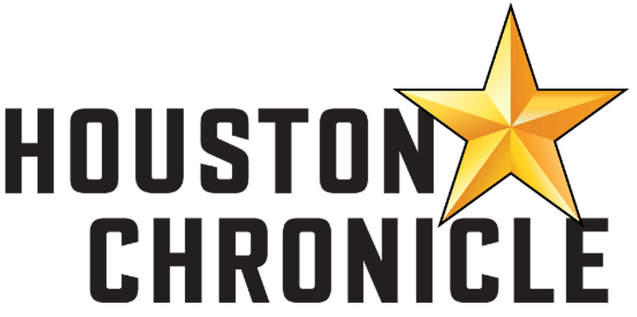
Outsmarted: Why investor brainiacs couldn’t beat the market over the past decade
Ian McGugan, investing columnist at Canada’s premier daily Globe & Mail wrote a column reviewing the decade and discussing why beta was so hard to beat has a prominent mention of the Ivy endowments’ failure to beat a 60/40 portfolio and MPI’s research.







